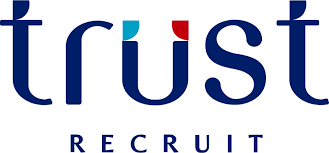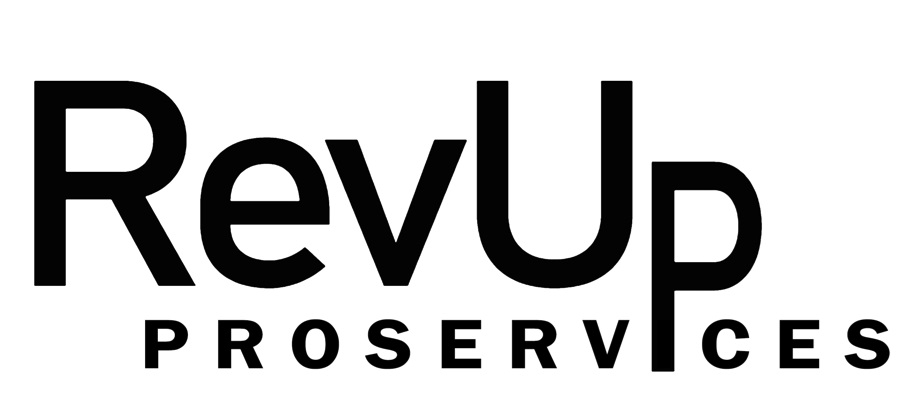Automation Design & Planning:
- Design and develop automation strategies for manufacturing processes, incorporating technologies like camera vision, RFID, AGV, AMR, and other Industry 4.0 solutions.
- Evaluate existing systems and identify opportunities for automation enhancements to improve efficiency, quality, and cost-effectiveness.
Implementation & Project Management:
- Lead the implementation of automation projects from inception to completion, ensuring timelines, budgets, and quality standards are met.
- Collaborate with cross-functional teams including production, engineering, IT, and external vendors to ensure seamless integration of automation solutions.
- Integrate various automation technologies (Camera Vision, RFID, AGV, AMR) into existing manufacturing systems.
Smart Factory Development:
- Drive the adoption of smart factory technologies and practices, including real-time data analytics, IoT integration, and machine learning.
- Implement predictive maintenance and other data-driven solutions to enhance machine performance and reduce downtime.
System Integration & Optimization:
- Ensure seamless integration of various automation components with existing manufacturing systems and software.
- Optimize manufacturing processes through continuous improvement initiatives, leveraging advanced automation technologies.
Technical Leadership & Training:
- Provide technical leadership and guidance to the engineering team on automation best practices and new technologies.
- Develop training programs for staff to ensure efficient operation and maintenance of automation systems.
Vendor Management:
-Evaluate and manage relationships with technology vendors and service providers.
Compliance & Safety:
- Ensure that all automation solutions meet industry standards and comply with relevant safety regulations.
- Implement safety protocols and procedures for automated systems to minimize risks and hazards.
3. Write and maintain efficient, reusable documentation to automate tasks and prepare test cases.
4. Identify areas where automation can improve operational efficiency and reduce manual intervention.
5. Maintain and troubleshoot existing automation systems, making necessary updates and enhancements.
6. Stay updated on industry trends and emerging technologies to propose and implement improvements in automation practices.
7. Provide technical support and training to team members on automation tools and best practices.
8. Document automation processes, test cases, and results for reference and auditing purposes.
9.Coordinate project meetings with business stakeholders with regards to timelines
Qualifications:
- Proven experience in automation engineering, with a focus on robotics automation and process automation.
-7-10 years of relevant work experience.
- Relevant certifications in automation technologies or project management (e.g., PMP, Six Sigma).
- Strong problem-solving skills and attention to detail.
- Excellent communication and collaboration skills.
- Ability to work in a fast-paced, agile development environment.
-Experience in Logistics or Manufacturing industry is a plus
























